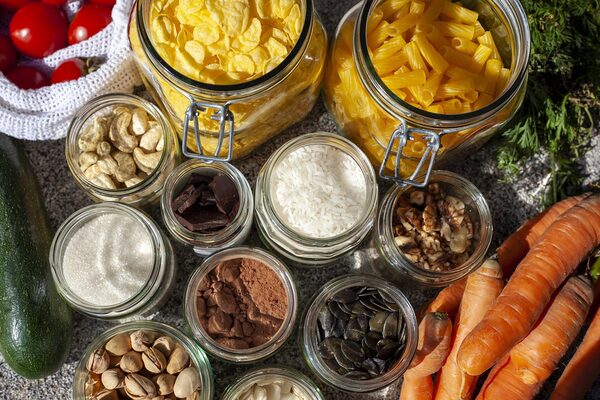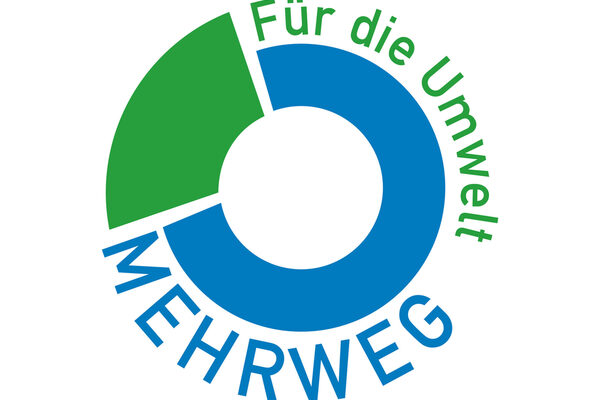Avoid plastic - small effort, big effect!
The lunch box, the disposable coffee cup and the sports top - everything is made of plastic. It is a versatile material that is everywhere in our everyday lives. At the same time, plastic waste is one of the most pressing environmental problems of our time. Millions of tons of plastic end up in the oceans every year.
But what can we do in our everyday lives to reduce this problem? We present five steps that counteract this development and make a positive contribution to our environment.
Simple steps to reduce the amount of plastic in everyday life:
- Use reusable bags: Take cloth or jute bags with you next time you go shopping. You can buy unpackaged fruit and vegetables in them and avoid pre-packaged goods. Cloth bags are durable and can be used many times, making them an environmentally friendly alternative.
- Look out for the reusable symbol: Buy food and drinks in containers that can be reused and reduce the use of disposable products, such as plates and coffee cups. Many restaurants and cafés now offer environmentally friendly alternatives or even reusable packaging. As the production of plastics generates greenhouse gases, you can reduce greenhouse gas emissions by using reusable containers.
- Give preference to clothing made from natural fibers: When buying clothing, make sure it contains as many natural fibers as possible. Especially when cleaning sports, outdoor and functional textiles, microplastics are released into the water cycle through washing.
- Aim for conscious consumption: Wearing second-hand clothes and avoiding fast fashion are a good way to reduce microplastics originating from textiles and the clothing waste mountain.
- Buy unpackaged products: When you opt for packaging-free products, you avoid ingesting harmful substances that can pose a health risk, according to reputable sources. Many supermarkets now offer loose goods, which is a good way to shop in an environmentally and health-conscious way.
Why is plastic such a big environmental problem?
According to estimates by the Federal Environment Agency, there are between 100 and 142 million tons of plastic in the world's oceans, which corresponds to a mountain of waste of around 3.5 billion cubic meters. Around 10 million tons are added every year. Plastic decomposes very slowly and residues can remain in the environment for centuries.
Together, we can make a contribution to protecting our environment by making small changes in our everyday lives. Every step counts!
Further information
- Plastic in the environment - Initiative of the Federal Ministry of Education and Research (opens in a new tab)
- Environmentally conscious shopping - How can I avoid plastic waste and other waste? - Brochure of the Hessian Ministry of the Environment (opens in a new tab)
- Plastic avoidance strategy for Hesse - brochure from the Hessian Ministry of the Environment (opens in a new tab)
- ELW: Top 15 waste prevention tips (opens in a new tab)
Contact us
Environmental store
Address
65185 Wiesbaden
Postal address
65029 Wiesbaden
Arrival
Notes on public transport
Public transportation: Luisenplatz stop.
Telephone
- +49 611 313600
- +49 611 313957
Opening hours
- Monday, Tuesday, Friday Saturday: 10 a.m. to 2 p.m.
- Wednesday, Thursday: 1 to 6 p.m.

